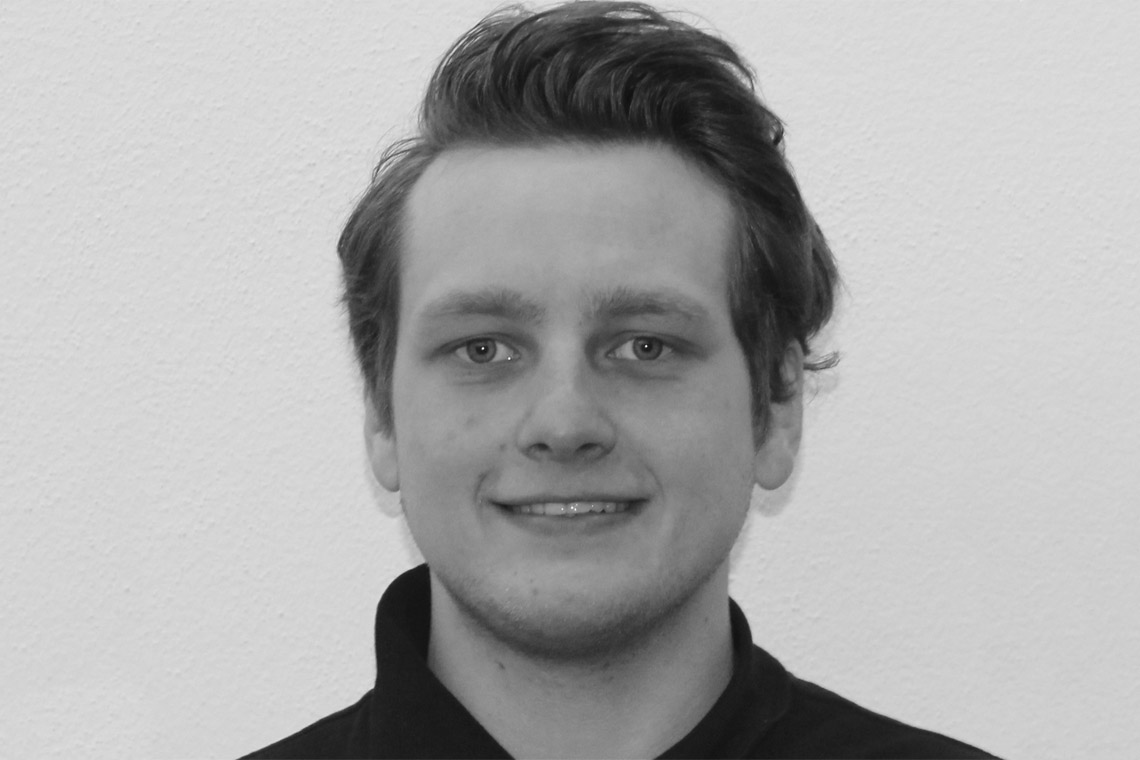Small and medium-sized food markets are opting for a CO2 system not only for economic reasons, but also increasingly for emotional ecological reasons. How can you tell?
Two factors are relevant in the decision-making process. The size of the investment and eligibility for subsidies on the one hand, and a system operator making a conscious decision in favour of an environmentally friendly, sustainable solution on the other. It’s a good feeling. This emotional element is playing an increasingly large role in the decision-making process.
You mentioned the eligibility of CO2 systems for subsidies. Are all capacity steps subsidised equally?
Eligibility for subsidies depends on the capacity of the overall system. A subsidy is usually awarded when the capacity step is larger, whereas with smaller capacities it has to be taken into consideration on a case-by-case basis. It would certainly be wise of the government to simplify the processes. This means that other arguments come into play in practice, especially with smaller systems.
What arguments do you have for future CO2 system operators?
With a CO2 system, you have a non-combustible, sustainable refrigerant with a global warning potential of 1. You are doing something good for the environment. Additionally, a CO2 system has lower ongoing operating and maintenance costs. The larger initial investment leads to lower operating costs than with HFC systems. It also avoids the risk of a ban on refilling or operation. If the electricity comes from an in-house photovoltaic system and the system features integrated heat recovery to supply the business with hot water, the argument in favour of CO2 becomes almost unbeatable – at least for organic food retail.
How will this market evolve in future?
In light of the steady trend towards local organic produce and the growing demand for communal catering due to day-long childcare programmes in schools and nurseries, the necessary refrigeration infrastructure needs to be built. The level of demand for CO2 refrigeration solutions from SCM Frigo with a capacity range of at least 2 kW will continue to grow in future, as will the currently strong 15 to 80 kW range.
What about refrigeration technicians? How are they being prepared to switch to natural refrigerants like CO2?
At BEIJER REF, we train our refrigeration technicians on a demonstration system. By providing training in building, design, filling and operation in our branches or on-site for customers, we are also bringing the necessary additional CO2 expertise to the businesses. In doing so, we aim to familiarize refrigeration technicians with the particularities of a CO2 system, such as the higher pressures, and illustrate that it is ultimately an easy concept to master for a trained refrigeration technician.
Mr Nüssel, thank you for your time!



